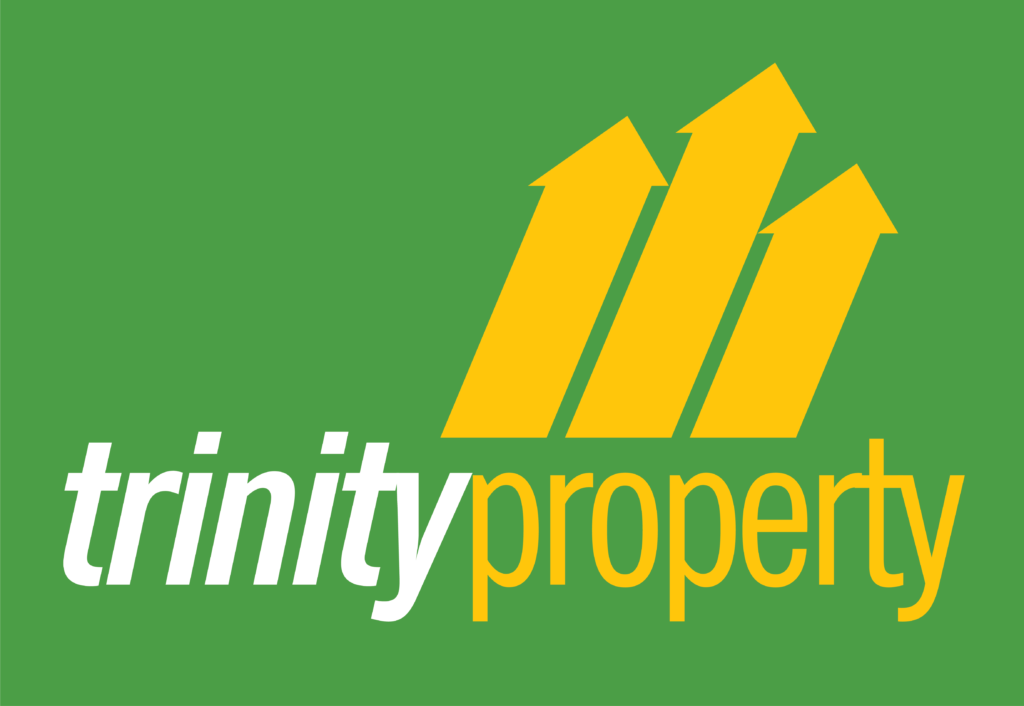When you buy a house in the UK, there’s an important thing to know about called leasehold. This affects how long you’ll own the property and can really impact its value. Let’s talk about what happens when the lease on a property is short and what it means for buyers and sellers.
What’s a Short Lease?
A leasehold property means you own it for a fixed amount of time, usually a long time like 99 to 999 years. But if the lease gets shorter, especially under 80 years, it’s considered a short lease. As the lease gets shorter, the property becomes less valuable and creates problems for both the current owner and anyone looking to buy it.
Effects on Property Value:
When a lease gets shorter, the property becomes less attractive to buyers, and banks might not want to give loans for it. This makes it harder to sell, and the property’s value goes down. Banks like longer leases because they’re more secure. With a short lease, it’s tough to get a loan, and if you do, it might have higher interest rates or stricter rules. This means fewer people can buy it, making the value drop. To fix a short lease, the owner can extend it, but it’s expensive and complicated. They have to pay extra money to the landlord, plus legal and other fees. The shorter the lease, the more it costs, which hurts the property’s value even more. Properties with short leases take longer to sell, and sometimes the price has to be lowered to attract buyers. Even if someone wants to buy it, they might ask for a lower price because of the risks and costs of extending the lease. Short leases might come with increasing ground rent, which makes the property less valuable over time. High (and ‘doubling’) ground rent can push buyers away and make the property worth even less.
How to Deal with It:
There are ways to handle a short lease and protect the property’s value. If you’re the owner, extending the lease can make your property more valuable and easier to sell, even though it costs money upfront. If you’re buying, try negotiating with the seller to lower the price or include extending the lease as part of the deal. It’s important to talk to experts who know about leasehold properties. They can help you understand the situation and guide you on extending the lease or negotiating.
If you want to talk to experts about this, you can email us at [email protected].





